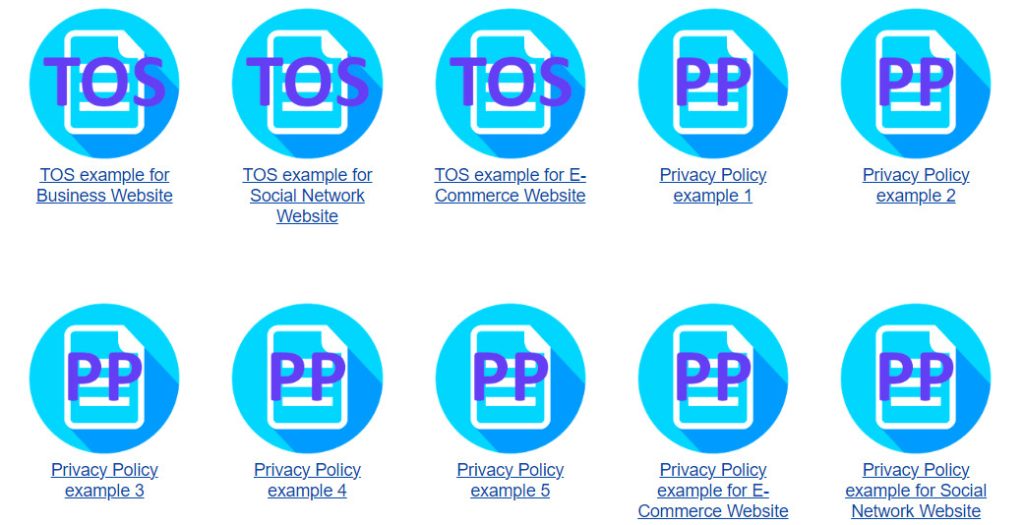
Terms and conditions (also known as terms of service or terms of use) for a website are a legal agreement that outlines the rules, policies, and expectations governing the use of your website. While the specific content of terms and conditions can vary based on the nature of your website and your business, here are common elements to include:
- Introduction:
- Provide a brief introduction that explains the purpose and scope of the terms and conditions.
- Acceptance of Terms:
- Clearly state that by using the website, visitors agree to abide by the terms and conditions.
- User Age and Eligibility:
- Specify the minimum age and any other eligibility criteria for users of your website.
- User Accounts:
- If applicable, detail the process of creating and managing user accounts, including registration requirements, login credentials, and responsibilities.
- Privacy Policy Link:
- Include a link to your website’s privacy policy, outlining how user data is collected, used, and protected.
- Content Ownership:
- Clarify that all content on the website, including text, images, and multimedia, is owned by your company or protected by applicable copyright and trademark laws.
- User-Generated Content:
- Specify rules for user-generated content, such as comments, reviews, or forum posts, including content guidelines and moderation policies.
- Prohibited Activities:
- List actions and behaviors that are strictly prohibited, such as spamming, hacking, copyright infringement, and any illegal activities.
- Intellectual Property Rights:
- Explain how intellectual property rights, including copyrights and trademarks, are protected on the website.
- User Conduct:
- Outline expected user behavior, such as respectful communication, adherence to community guidelines, and compliance with applicable laws.
- Termination of Accounts:
- Describe circumstances under which user accounts may be suspended or terminated, such as violations of the terms and conditions.
- Dispute Resolution:
- Specify how disputes between users and the website operator will be resolved, which may include arbitration or mediation procedures.
- Limitation of Liability:
- Clearly state that the website and its owners are not liable for any damages, losses, or liabilities resulting from the use of the website or its content.
- Disclaimer:
- Include disclaimers related to the accuracy of information on the website, the availability of services, and any warranties or guarantees.
- Governing Law:
- Indicate the jurisdiction and governing law that will apply in case of legal disputes.
- Changes to Terms:
- Reserve the right to modify or update the terms and conditions and specify how users will be notified of changes.
- Contact Information:
- Provide contact information for users to reach out for questions or concerns regarding the terms and conditions or the website in general.
- Effective Date:
- Include the effective date of the terms and conditions to indicate when they were last updated.
- Legal Compliance:
- Ensure that your terms and conditions comply with relevant laws and regulations, including data protection laws like GDPR if applicable.
- Accessibility:
- Make your terms and conditions easily accessible on your website, typically through a dedicated webpage and a prominent link in the website footer.
It’s advisable to consult with legal counsel when drafting or updating your website’s terms and conditions to ensure they are legally sound and tailored to your specific needs. Additionally, regularly review and update your terms and conditions to reflect any changes in your business or website operations.
You can check out Terms of Service (TOS) and Privacy Policy samples under the UltimateWB Resources tab.
Are you ready to design & build your own website? Learn more about UltimateWB! We also offer web design packages if you would like your website designed and built for you.
Got a techy/website question? Whether it’s about UltimateWB or another website builder, web hosting, or other aspects of websites, just send in your question in the “Ask David!” form. We will email you when the answer is posted on the UltimateWB “Ask David!” section.


